Donetsk rebel leaders still talking tough
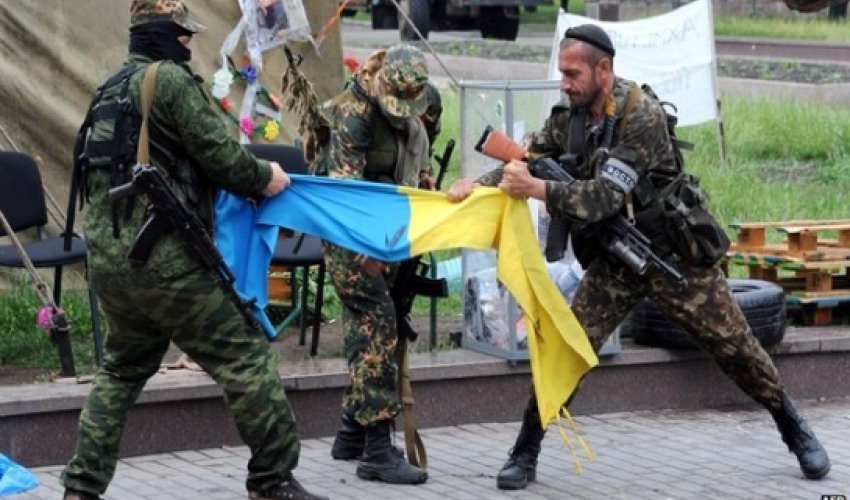
In the "City of a Thousand Roses", five female gardeners are tending a flower bed in the centre of town.Across the street, a man is sweeping dust and leaves from the pavement. A trolleybus trundles by, stopping briefly to collect more passengers. On the surface, this is a picture of normality.We don't understand what's happening here, it's terrible ”Donetsk residentBut, as I walk around Donetsk, the picture changes. I see some shops boarded up; an unusually long queue for a bank machine. Compared with my last visit here a month ago, there are fewer people on the streets and less traffic."Where have all the children gone?" pensioner Nadezhda Petrovna asks me. We're sitting on a bench across from the gardeners. "There are usually so many children out in the sunshine.""We don't understand what's happening here, it's terrible," says Nadezhda's husband Yuri Petrovich. "All we want is stability."Donetsk, a city of more than a million people, is in limbo: caught in the middle of a bitter and bloody conflict. This is the heart of eastern Ukraine's Donetsk Region. But it is also now the capital of the self-proclaimed Donetsk People's Republic: a breakaway state which has asked to join Russia. Moscow has yet to respond.Since last week's battle at Donetsk Airport between pro-Russia militants and Ukrainian forces, the city has been relatively quiet.Following that violence, the fiercest fighting has taken place away from Donetsk. To the north, Ukrainian troops have stepped up military operations around the rebel stronghold of Sloviansk.There have been clashes, too, in Luhansk region. On Wednesday insurgents there seized two bases: one belonging to the Ukrainian National Guard, the other to the Border Guards.On Tuesday several people died in explosions at the regional administration, the building which had become the headquarters of the self-declared Luhansk People's Republic. The Organisation for Security and Co-operation in Europe concluded the blasts were probably caused by "non-guided rockets shot from an aircraft". Other reports suggested there had been heavy cannon fire from a fighter jet. The Ukrainian authorities denied its planes had been involved.Ukrainian military officials maintain they are conducting an "anti-terrorist operation" in eastern Ukraine which has now entered an "active phase". They claim it is going according to plan."That suggests that Ukrainian military commanders have a big sense of humour and a complete lack of self-criticism," maintains Alexander Borodai, the self-styled prime minister of the Donetsk People's Republic. We meet in his office at the administration building in Donetsk."May I remind you that the Ukrainian military's initial plan was to finish their operation by May 1st. Then by May 9th. Then it shifted to even later. They made so many promises about completing their so-called "anti-terrorist operation" with grandiose success and without casualties. All these declarations are rubbish. They mean nothing."Mr Borodai, who describes himself as a "crisis manager", says he is one of many volunteers who have come to Ukraine from Russia to protect Russian-speakers."The volunteers have come from all over Russia," he explains. "Some of them have taken up arms. Others, like me, have got involved in civilian activities."Kiev accuses Moscow of funding and fuelling the separatist movement in eastern Ukraine. It has labelled the Donetsk and Luhansk People's Republics "terrorist organisations" and has vowed to defeat the militants. Mr Borodai is confident that Kiev's military operation will fail."Of course, Petro Poroshenko will claim and shout that he is the president of all Ukraine, including Crimea, the Donetsk and Luhansk people's republics. But declarations are one thing. Reality is another."In another part of the administration building I meet another key figure from the "People's Republic". Denis Pushilin goes by the title "chairman of the Presidium of the Supreme Council"."Do you know you're taking a risk by being here right now?" he informs me. "We have received warnings about an air strike on the building." Mr Pushilin has asked Russia to send peacekeepers to eastern Ukraine."This would be a last resort," he explains. "We understand that if they do send troops, this would become something much bigger than civil war. That's why we're trying to resolve everything on our own first."Back on the streets of Donetsk, the prospect of air strikes and fighting close to home terrifies Nazdezhda Petrovna. But she's determined to remain positive."My neighbour told me that the Almighty had turned against us," she says. "That's not true. He's never abandoned us. He loves Ukraine. I believe there will be peace in our land. We don't deserve to die."(BBC)Bakudaily.az
Similar news
Similar news
























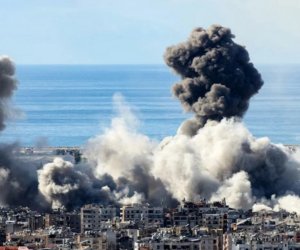
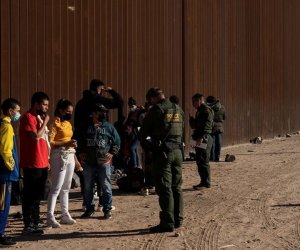
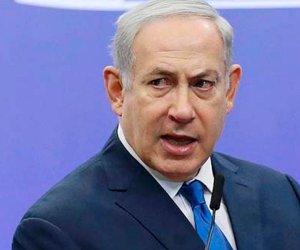
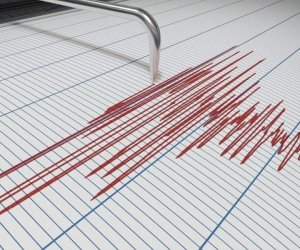

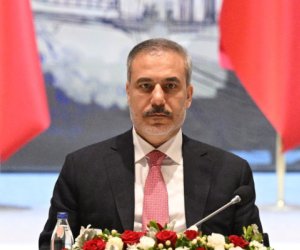

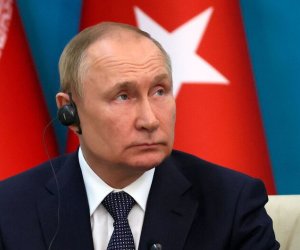
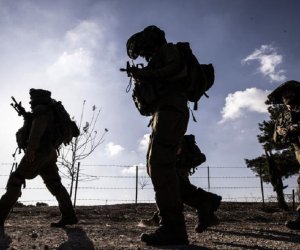



 Photo
Photo 



 Video
Video 

